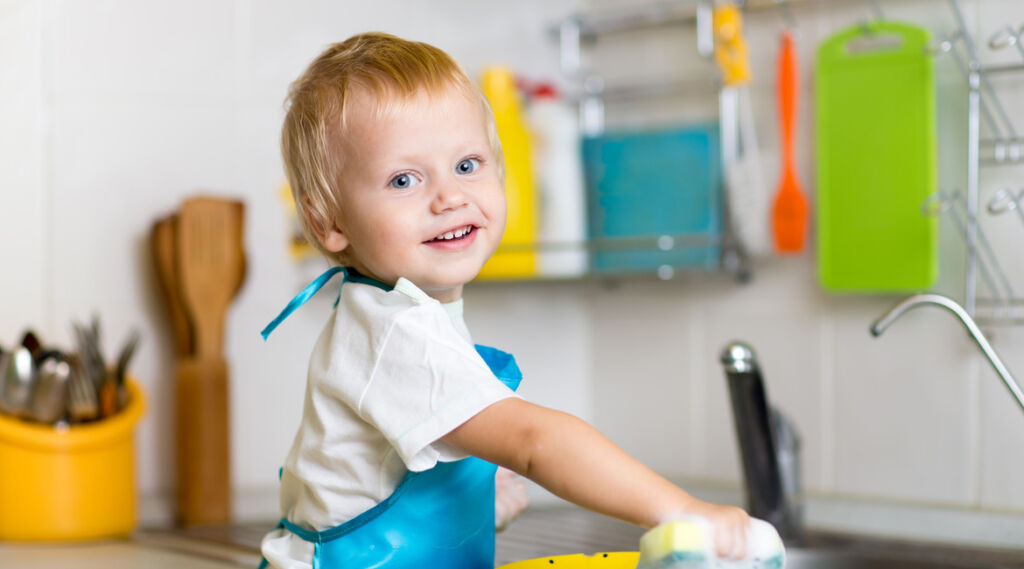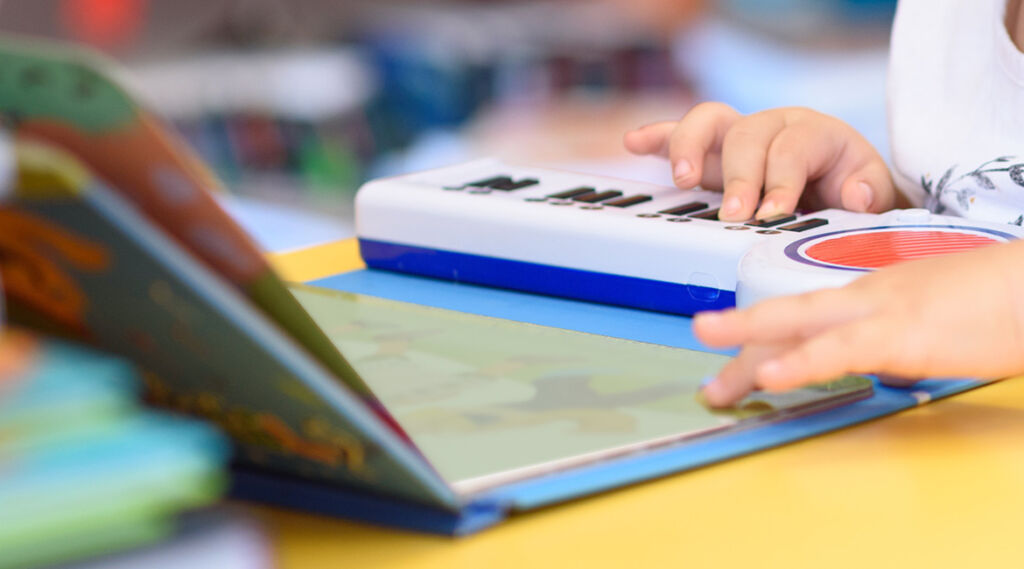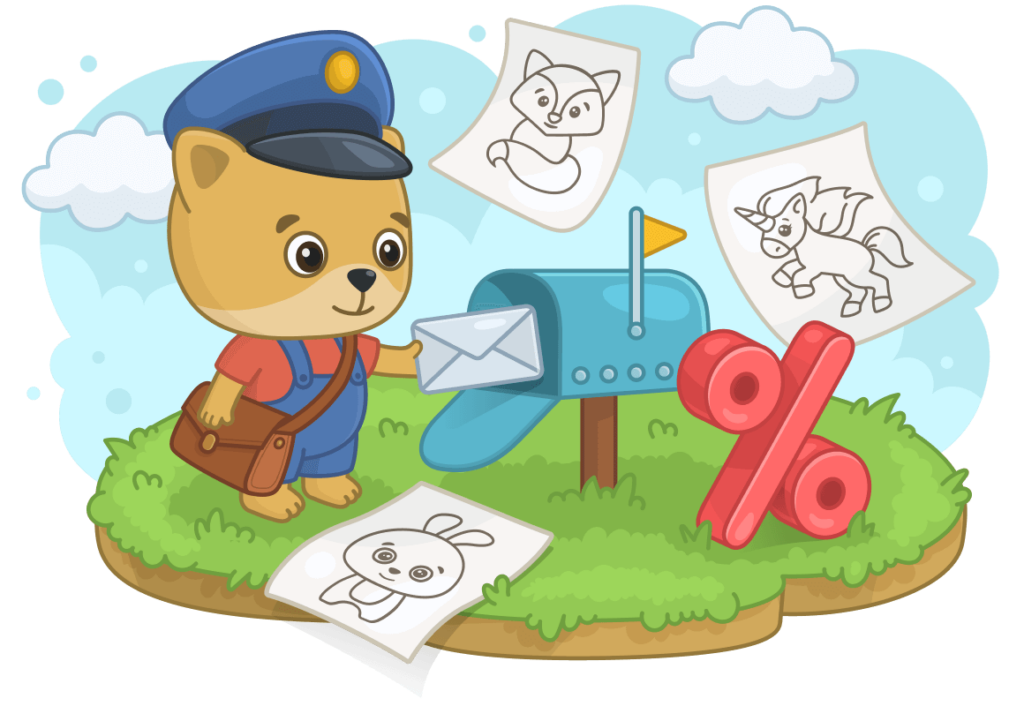Children experience various emotions during the childhood phase, such as joy, sadness, anger, and happiness.
However, not all these emotional reactions are pre-wired in their brains, as kids learn most emotions when they mature.
As a parent, you play a vital role in your child’s emotional development as understanding their actions and behaviors aids in their general development.
Different Ways to Teach Children to Manage their Emotions
From the 3-year-old who doesn’t understand why they can’t get another sweet to the 6-year-old upset about leaving the park early, kids’ emotions are hard to manage.
It is crucial to start teaching children how to manage their emotions early since it can affect most of their choices.
While children can naturally learn to manage their emotions over time, there are also ways listed below that cultivate healthy coping skills.
1. Allow Them to Express Their Feelings
Let your little one knows that these emotions are normal and that there is an appropriate way to express them.
Your child must learn to control how they choose to express their emotions and also be responsible for their words, regardless of the situation.
2. Teach Emotional Coping Skills
Teaching children how to remove themselves from situations and take a deep breath before responding is another way to control their emotions.
Proactively teach them that they can not hurt people because they feel angry or sad. Encourage your child to use healthy ways to deal with negative emotions.
It might be something simple like counting to 10 before responding or a time-out for the younger kids to grasp.
These coping skills will help them calm down before they throw a tantrum or become aggressive.
3. Do Not Try to Solve Everything
As toddlers develop into teenagers and adults, you cannot remove all their obstacles and prevent them from a bad experience every time.
The idea is to help your kids walk through their emotions and not step in and solve the problem.
Hence, as a parent, teach them how to handle every situation they encounter with emotional maturity.
4. Give Emotional Support
Most times, all children require is a good hug, an affirmation, and an acknowledgment that parents understand how they feel.
So, whenever your child is working through their emotions, please support them and give lots of affection to help them react appropriately to any trying situation.
5 Tips on Understanding Little Ones and Their Emotions Better
Parenting is more than just providing the basic needs and comforts for children. It is being there for your child emotionally and also giving them a sense of security.
Since realizing and accepting your child the way they are, is the key to being a good parent, here are five tips that will help you understand your little one better.

1. Observation is Key
One of the simplest yet most effective ways to grasps the experience of children is via careful observation.
If you want to understand your child more, you need to know their interest, dislikes, preferences and participate in their activities.
If your child is creative and loves to draw, show interest in their artwork but endeavor not to over-analyze and displace their emotions with yours.
Use the recommended questions below as a guide to help you know more about your kid.
- What does your child enjoy the most?
- How social and adventurous are they?
- How long is your child taking to adjust to the changes in their environment?
While you get answers to these questions, ensure you do not judge the kid. Just observe to be aware.
2. Spend Quality Time with Them
Parents today multi-task while spending time with their kids. If you do this, it is time for a change, as it is not enough to be around them.
You need to make time for them and participate in activities like playing games and doing assignments.
Sometimes quality time can mean sit with them and silently observing to get insights into their character and behavior.
Even if only for short periods, it goes a long way towards building your relationship with your little one.
If possible, aim for games and activities that give each child your undivided attention, so they feel safe to express their emotions freely.
3. Be Mindful of Their Environment
Another way of understanding your child is by observing their environment as it plays a crucial role in their emotional behaviors.
The people around children and the quality of their daily interactions greatly influence their emotional outbursts.
So, if a child is suddenly aggressive, take time to review their community or if there are interactions with another child showing aggressive behaviors as well.
Research shows that environments affect kids’ brain development and the development of their language and cognitive skills.
4. Listen
By listening to children, you make them feel that you are interested in their life which is essential when forming bonds with them.
You may initiate a conversation to open up and express their feelings but always make an effort to pay attention.
Most kids may not clearly express themselves, so pay attention to their tone, body language, non-verbal cues, and maintain eye contact.
Doing this makes the child believe that they are essential, and the conversation is of utmost importance to you.
However, ensure you do not talk too much or probe them with too many questions to avoid shutting the communication off.
5. Show Empathy
When your child talks about any of their emotions, fears, or insecurity, do not laugh it off and try to ridicule them.
While you may not have the same feelings, you need to show empathy and respect for their courage to open up, as it is not easy to be vulnerable.
Conclusion
One of the most rewarding parts of parenting is watching your child grow emotionally, even if it is time-consuming and requires effort.
Although a consistent parenting style is helpful, children at different ages behave in different ways.
Hence, flexibility according to each child’s unique emotional experience is essential in developing them into healthy adults.
As a parent, researching your children’s emotional development will help you healthily handle all their emotional phases.



